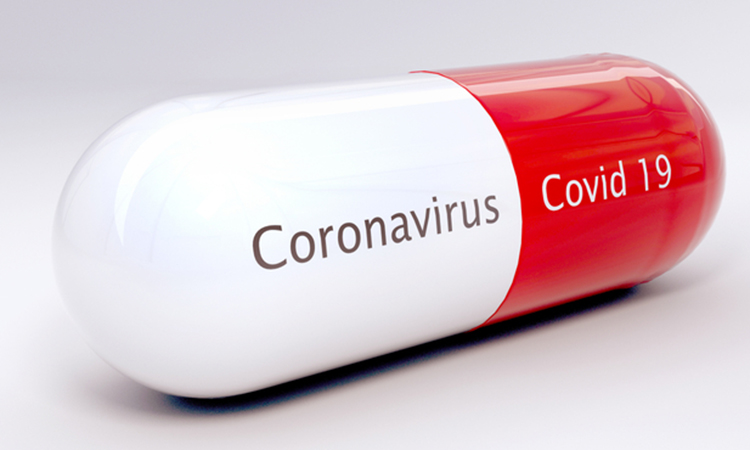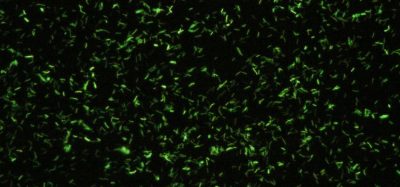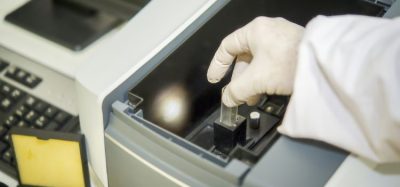Oral COVID-19 vaccine candidate to enter Phase I human trials
Posted: 16 September 2020 | Victoria Rees (European Pharmaceutical Review) | No comments yet
Vaxart’s application for a Phase I clinical trial to evaluate its oral COVID-19 vaccine candidate has been cleared by the FDA.


Vaxart has announced that the US Food and Drug Administration (FDA) has completed its review of the company’s Investigational New Drug (IND) application for its Phase I clinical trial to evaluate its oral COVID-19 vaccine candidate, clearing the review.
The Phase I, open-label, dose-ranging study will be conducted in healthy adults ages 18 to 55 years old. The study’s primary objective is to examine the safety and reactogenicity of two doses of the vaccine. Secondary objectives include immunogenicity, duration of immune response and occurrence of symptomatic COVID-19.
“Our goal is to deliver the best, most elegant solution for conferring mass protection against COVID-19. Our oral tablet vaccine offers a much more attractive mode of administration than injectables and may confer superior protection against COVID-19 due to activation of mucosal immunity. Importantly, our room-temperature stable tablet is significantly easier and cheaper to store and distribute to the farthest corners of the US and the globe, as it does not require the very costly and complex refrigerated cold chain needed for injectable vaccines,” said Andrei Floroiu, Chief Executive Officer of Vaxart. “The IND clearance and the initiation of our Phase I clinical trial moves us a step closer to proving the superiority of our convenient oral COVID-19 solution in the clinic. We are thus excited to start enrolment for our Phase I this month.”
Dr Sean Tucker, Chief Scientific Officer of Vaxart, added: “In addition to our clinical programme progress, we have a hamster challenge study underway with our COVID-19 vaccine candidate to assess the potential contribution of inducing mucosal immunity to overall efficacy. We are also awaiting the results from a non-human primate study. Both hamsters and monkeys are susceptible to SARS-CoV-2 infection and these models may be capable of providing a deeper understanding of the immune responses and correlates of protection elicited by our oral vaccine candidate.”
Related topics
Clinical Development, Clinical Trials, Formulation, Research & Development (R&D), Vaccine Technology, Vaccines









